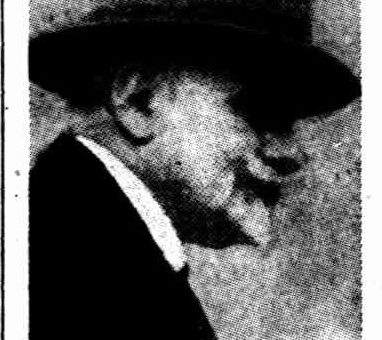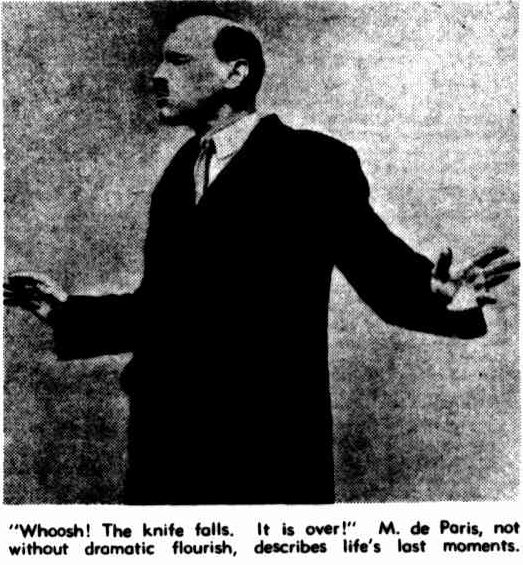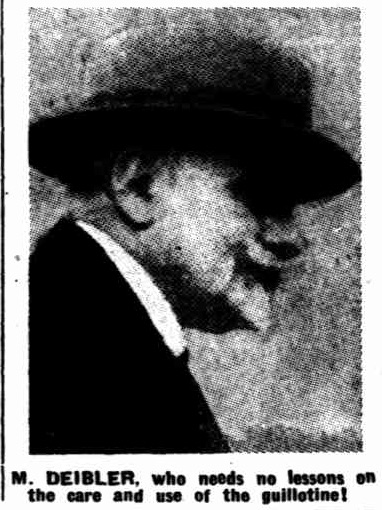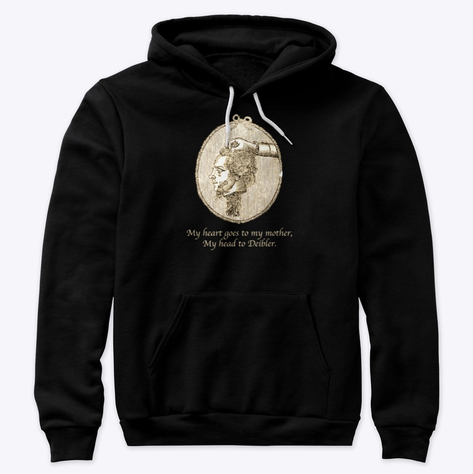
Anatole Deibler, France’s former high executioner who oversaw the use of the guillotine on hundreds of condemned criminals, was asked whether or not it hurt to get one’s head chopped off. His answer was published in 1910.
One of the Many Dog Experiments
“My father [the previous high executioner of France] told me the following, illustrative of the controversy there had been about the painlessness or otherwise of the guillotine. In 1880, the famous Professor Sappey and Dr. Dassy de Lignieres obtained permission of the Prefecture to experiment on the freshly-cut-off head of the assassin Menesclou. They made a ligature in the left carotid artery, adapted a tube of the caoutchouc to the primitive right carotid, and branded the other end in the central terminal of the left carotid artery of a large and robust living dog.
“There was a spigot to regulate the blood torrent. When all was ready they turned on the spigot. The dog’s blood shook the tube as it dashed in, spreading hot and alive, through the whole vascular network of Menesclou’s head.
“The white dead face became ruddy; its expression cleared as if awaking; the eyes opened with a look of astonishment; the lips trembled as if trying to speak.
“’During two seconds,’ said my father, ‘that brain thought.’
“Then Professor Sappey told him, ‘Deibler, be gentle and respectful with your heads. When the knife has done its work, when they roll in the sawdust, those heads hear the roar of the dog. They perceive their bodies lying in the basket. They see the guillotine and the light of day.’”
A King’s Dying Scream
Anatole Deibler continued:
“The most illustrious of all the victims of the guillotine struggled as they strapped him to the tilting-board. I refer to King Louis XVI. Not only did he struggle, but he screamed, one of the attendants drowning his cried with a roll of drums; and only we who are responsible for scandals at the last moment know what firmness and quickness are necessary to deal with its instinctive panics.”

His Father’s Experiences with the Condemned
“Here is a fact the Paris public never knew. Bellier, the ghoul, bit off a corner of my father’s left ear – at the very last instant, with his arms strapped beside him. Evidently he tried for the cheek and missed. Laprade made such sudden resistance that father was publicly reprimanded in the Paris newspapers. Pranzini spit in father’s face, but it was the desperate case of Gaspard that caused my father to make his first appeal to the prison doctor. Together with one Mayor he had assassinated a Paris jeweler. That morning his first question was, ‘Does Mayor die with me?’
“‘But it’s an infamy,’ he bellowed when he learned that Mayor was commuted. ‘Mayor’s guiltier than I am. I won’t die without him.’
“With this he knocked down a helper, tore half the beard off the prison director, throttled my father, banged his head against the cell door, and was only overpowered – still bellowing and cursing – by the giant Hugo and a prison guard.
“‘Send for the prison doctor,’ father finally insisted. To him he represented the inevitable scandal, begging that some tranquilizing drug be given Gaspard. Whatever it was, the effect was magical. One pierce of the hypodermic needle and the ruffian became sleepily good-natured and docile.”

Woes of the Executioner
“At no time of his life did my father have the coldly ferocious aspect which the imagination of the imaginative writers has lent to the executioner. He walked with a cane or umbrella like a lame man, one leg being shorter than the other. He was timid and self-effacing. Yet all France shrank from him.
“The bad notoriety poisoned my father’s life. ‘I have traveled much and have enjoyed nothing,’ was his frequent complaint. Once he said to me:
“‘I have been refused in so many hotels. My ears have heard so many insults. Anatole, I give this counsel to you and all future executioners: Do not have an original physiognomy. Change your style of dress constantly. My invariable black frock-suit and high silk hat have spelled disaster for me.’”
Source: The Manilla Express. Wednesday 30, November, 1910.


